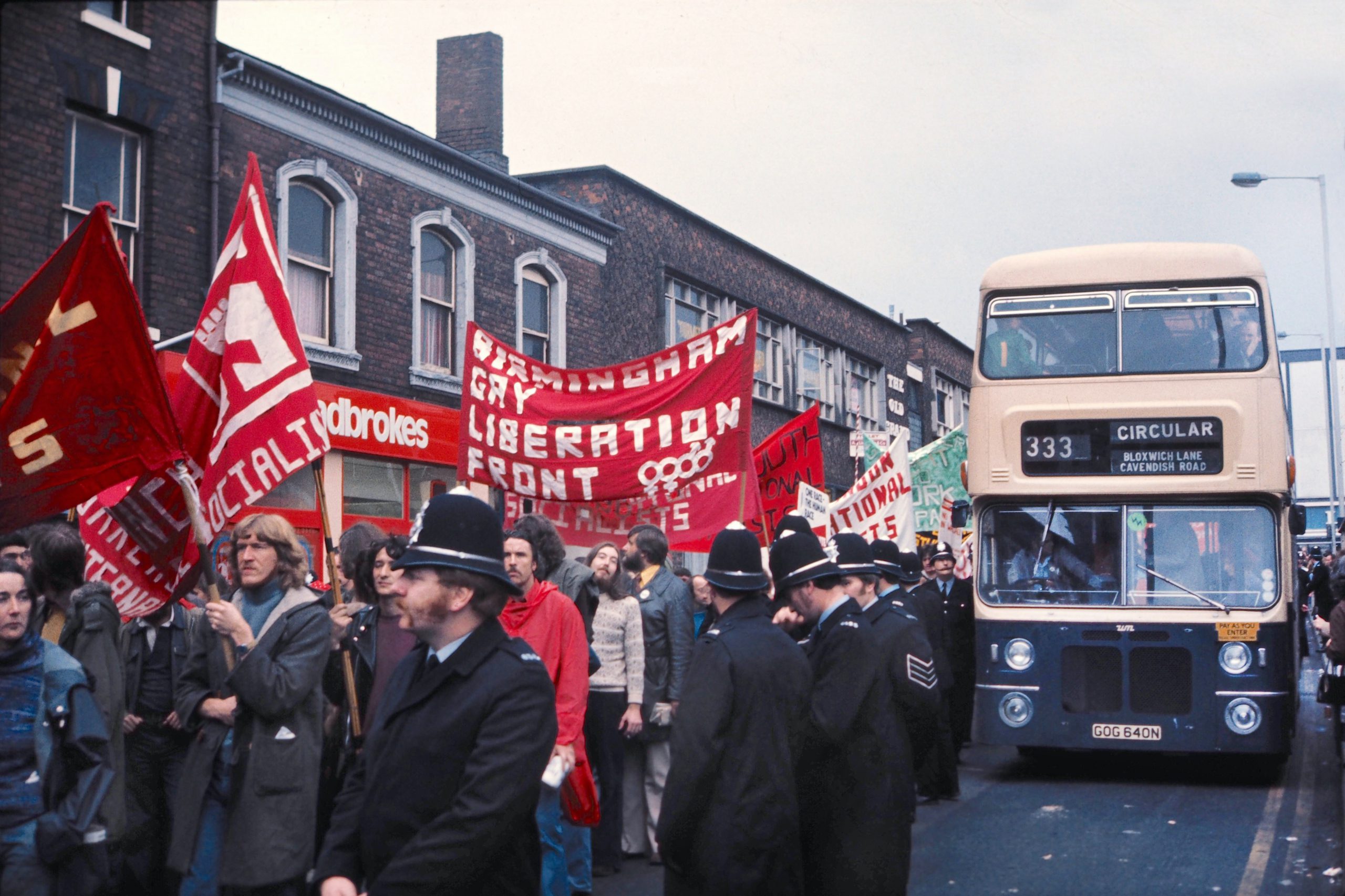The coronavirus has ravaged almost every country on Earth, but some have been worse hit than others. The United Kingdom has the highest death toll in Europe, but it’s not just COVID-19 that’s causing unnecessary deaths.
The UK relies on the National Health Service (NHS) to provide free at the point of access treatment to all its residents. Over the years, the NHS has been under strain for a number of reasons, but one of the biggest pressures it faces comes in the winter as the cold and flu season takes hold. This year, the pressure on the NHS is set to be even more intense as it grapples with COVID-19 cases and flu-related admissions.
In order to try and cope with the influx of hospital admissions as a result of the coronavirus, the NHS has streamlined many services, including cancer treatment. Access to doctors and diagnostic services is limited, with only the most urgent symptomatic patients getting rapid treatment. Detecting cancer in its early stages is vital to preventing late-stage diagnosis’ and deaths, but with the focus shifting to COVID-19, many screenings have been halted.
Diagnostic Service Backlog
There are several types of free tests the NHS offers to try and detect cancer in its early stages and increase the chance of successful treatment. This includes routine cervical cancer, bowel cancer and breast cancer screening.
Routine screening for breast cancer diagnoses roughly 20,000 cases per year, but screening has been dramatically reduced since March which means as many as 9,000 women in the UK have breast cancer but are unaware. This increases the chance of cancer developing and not being diagnosed and treated until its late stages, and this could mean a rapid increase in the number of lives lost.
It’s not just breast cancer that’s been affected – there’s a backlog across almost all cancer services, and the threat of a second wave means services are unlikely to operate as they were prior to COVID-19, and that means more deaths.
COVID-19 and Cancer
It’s understandable that GP surgeries and hospitals are taking extreme precautions to try and prevent the risk of COVID-19 spreading, especially because people with compromised immune systems are at a much higher risk of suffering more severe symptoms of the virus.
This includes cancer patients. Cancer and treatment for it can weaken the immune system and increase the risk of complications if a virus such as COVID-19 is contracted. For this reason, some people have seen their treatment halted altogether, and others have seen their treatment affected due to a lack of available staff because many have been recruited to help with coronavirus admissions. Some surgeries have been cancelled because the risks are too high and the availability of beds and post-operative care has been severely reduced and prioritised for COVID patients.
Without persistent treatment or major surgery, the outcome for the patient could be dramatically changed.
The Solution
The NHS has attempted to resume service as normal and trusts across the UK are beginning to work through their screening backlogs and carry out treatment as usual. Many trusts have come up with innovative ways to get back on track, be it through ‘COVID-free zones’ or administering treatment on specialised buses that travel to the patient instead of the patient travelling to the hospital.
The fear is that the progress that was being made following the first wave will be set back as the NHS prepares for its busiest winter yet as it battles COVID-19 alongside the flu.
Independent cancer care centres have remained open and have offered up their treatment services and consultants to NHS patients where needed in a bid to tackle the backlog, but until COVID-19 is under control and hospitals begin to operate as normal, the full consequences of COVID-19 and its effect on cancer treatment won’t be known. By all accounts, though, it’s set to be grave



